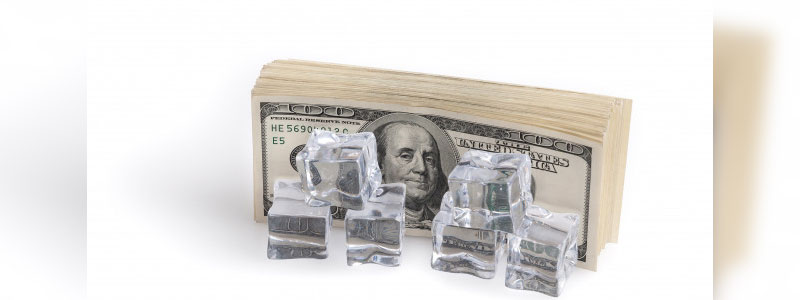Bayer Agrees To Pay $1.6B To Settle Essure Lawsuits
Bayer Agrees To Pay $1.6B To Settle Essure Lawsuits

Introduction
On August 20, Bayer officials disclosed in a press release that the company had reached an agreement with plaintiff law firms to pay approximately $1.6 billion to settle nearly 39,000 Essure lawsuits that allege the birth control device for causing painful and debilitating complications in women due to its defective design.
The deal is expected to resolve about 90% of all the lawsuits, including the cases filed in the state of California Joint Council Coordinated Proceedings (JCCP) and the cases pending in the Federal District Court for the Eastern District of Pennsylvania (EDPA).
The company had suggested the settlement plan in its second-quarter financial statement issued earlier this month, where it indicated that $1.4 billion was set aside to resolve the lawsuits.
The German pharmaceutical company, in its agreement, noted that it would not admit to any wrongdoing or liability, and the claimants who agree for the settlement will have to drop their pending claims. The other terms of the agreement are being held confidential.
Conceptus Inc., a subsidiary of Bayer AG, developed Essure which is a Class III device for permanent surgical sterilization in women. Essure was approved by the Food and Drug Administration (FDA) on November 4, 2002. The device has two metal coils made from polyester fibers, nickel-titanium, stainless steel, and solder which are placed in fallopian tubes to induce fibrosis and block the fallopian tubes to prevent fertilization. Since 2002, it is estimated by Bayer that 750,000 women have received the Essure IUD.
Essure was suspended from the market in most of the countries since 2017, but Bayer continued to sell the device in the U.S. until the end of 2018. In July 2018, Bayer announced to remove all the Essure devices from the U.S. market by December 31, 2018. Following the removal, the FDA required Bayer to extend the postmarket surveillance study and take measures over the associated problems. Worldwide approximately 750,000 women have been implanted with the device, of which 70% are from the U.S., supervisions estimated by Bayer.




